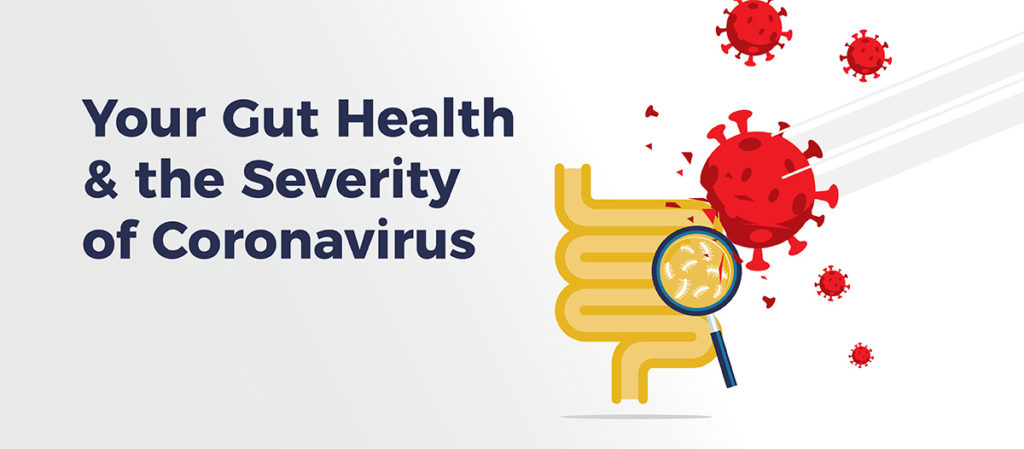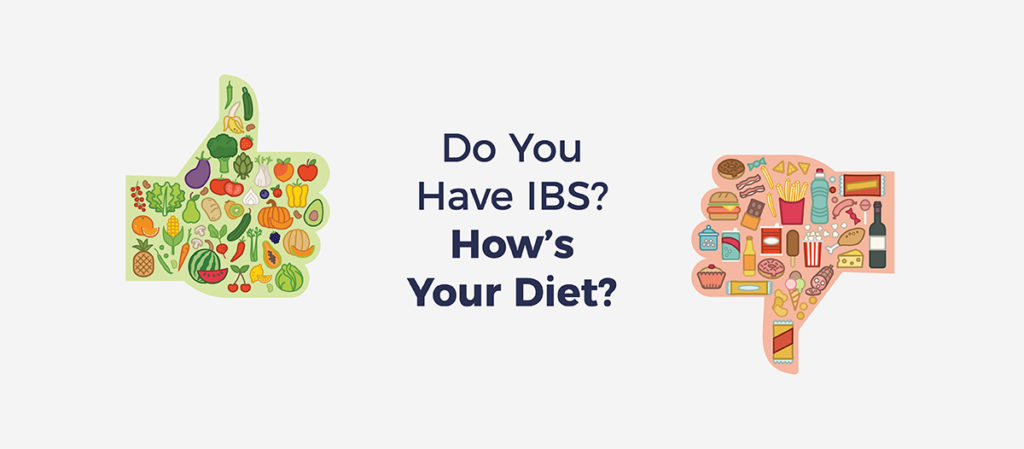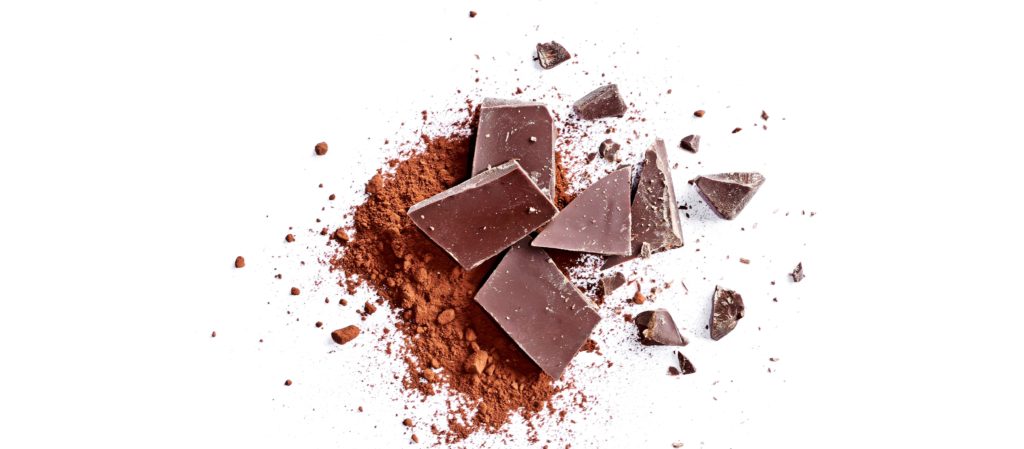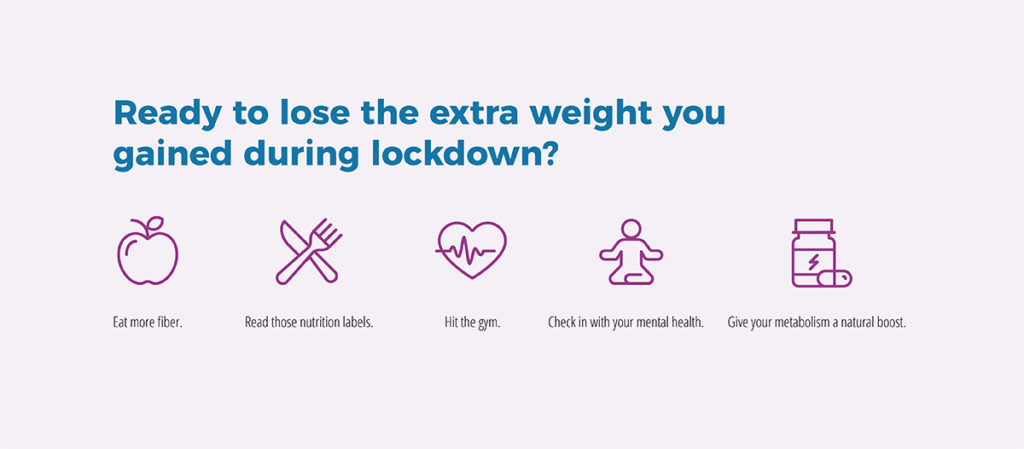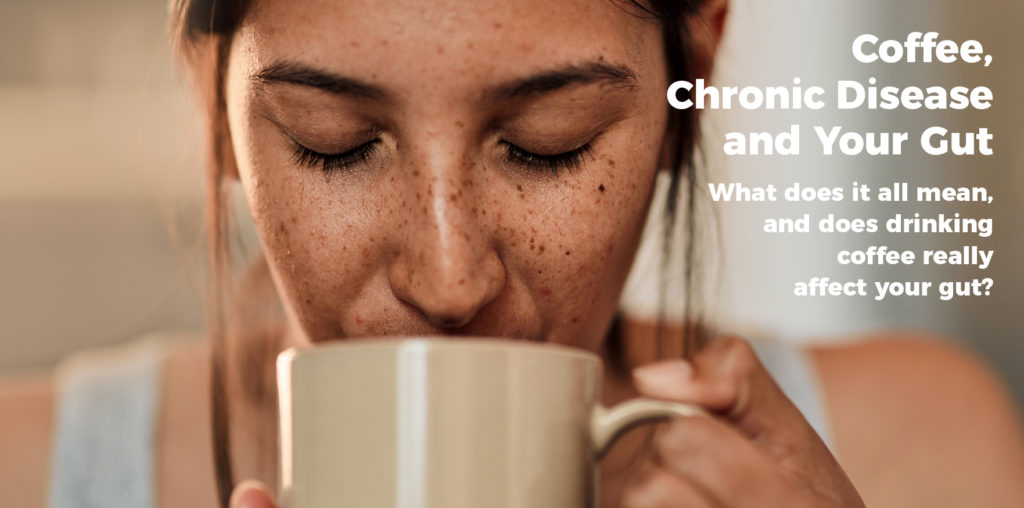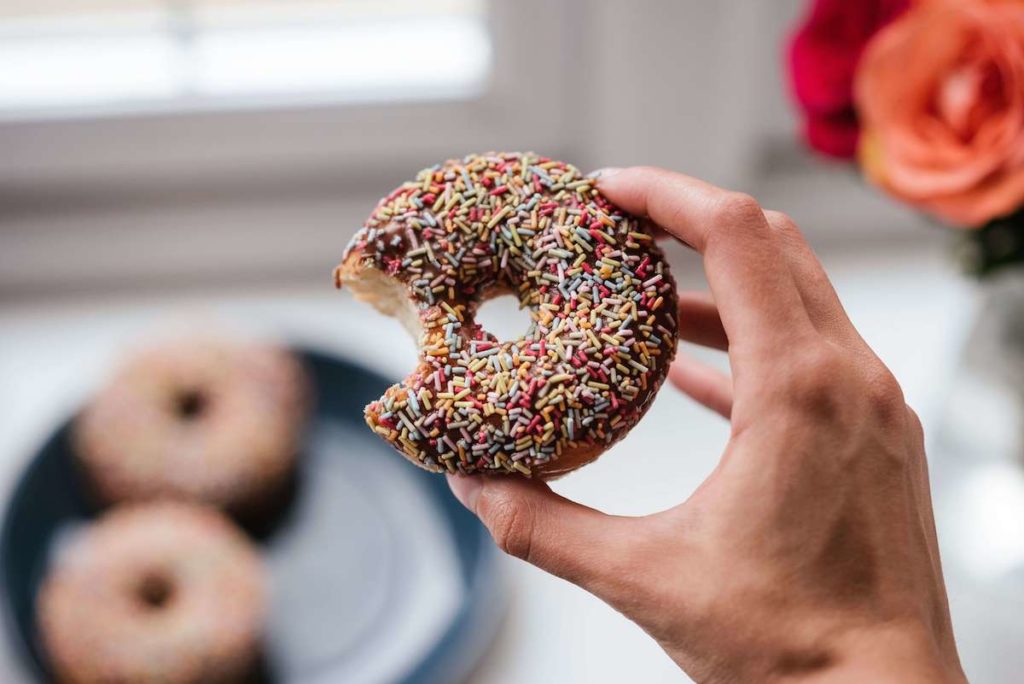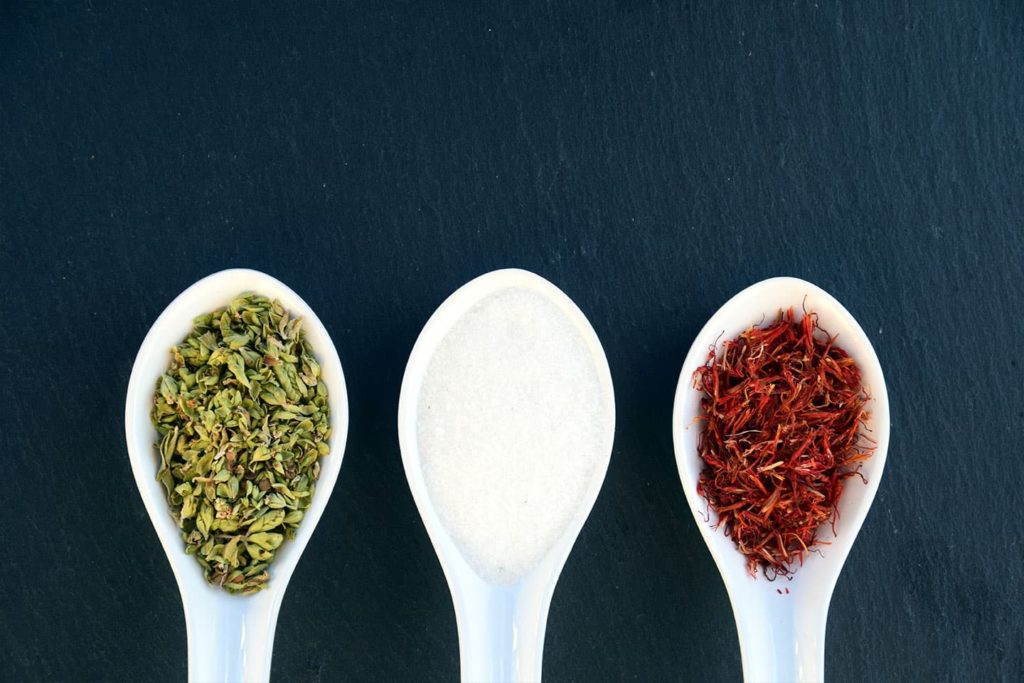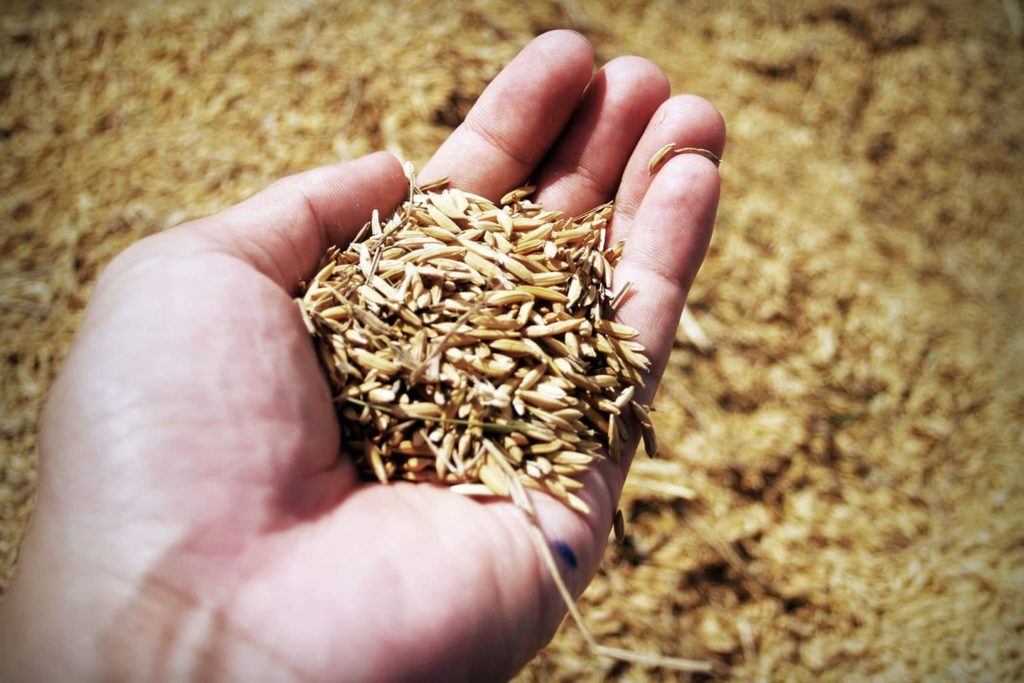Artificial Sweeteners Disrupt Gut Health
Artificial Sweeteners Disrupt Your Gut Health
Artificial sweeteners are some of the first options people consider when they want to lose weight yet still satisfy their sweet tooth.
But, as we’ve learned from previous research, there are tradeoffs when you turn to popular products like artificial sweeteners. Some of them may do more harm than good to your health.
An international research team from Israel and Cyprus recently took a second look at how those six artificial sweeteners affect human health.
Based on a new report featured in the International Journal of Molecular Sciences, scientists found three of those very popular artificial sweeteners used in so many “diet” foods, sports supplements and carbonated beverages may interfere with how the bacteria in your gut communicate and could increase your risk of disease.
The Unsweet Results
The test was a very simple one as researchers exposed light-emitting bacteria to a half-dozen FDA-approved artificial sweeteners contained in many sports supplements athletes use.
Three of those artificial sweeteners — aspartame, sucralose and saccharin — reduced the light from the light-emitting bacteria, signaling to researchers that communication between bacteria was disrupted.
Why this new knowledge is so important: Labeling on products like popular diet sodas and sports drinks don’t accurately tell us how much of the fake stuff they contain, says Dr. Ariel Kushmuro, who runs the Ben-Gurion University’s Laboratory of Environmental Biotechnology.
In other words, how much artificial sweetener is contained in that sports drink and what amount of it creates health problems? Given that aspartame, sucralose and saccharine range in sweetness from 200 to 700 more than table sugar, it’s hard to be completely sure.
Healthier Options
If you’re ready to reduce your intake of diet drinks and sports supplements, you do have better, healthier options, like drinking water that promotes more natural fullness and keeps you hydrated.
However, if you’re not ready to give up on sweet drinks and other products containing artificial sweeteners, it’s a good idea to protect the healthy balance of bacteria in your gut by taking a probiotic with proven strains of beneficial bacteria from the Bifidobacterium and Lactobacillus families, like those found in EndoMune Advanced Probiotic.
References
Artificial Sweeteners Disrupt Gut Health Read More »


